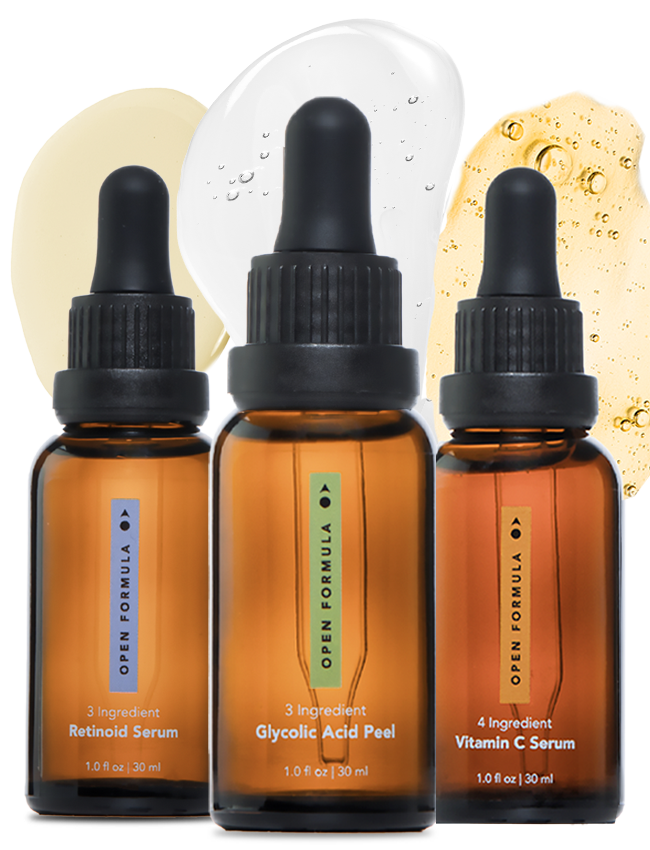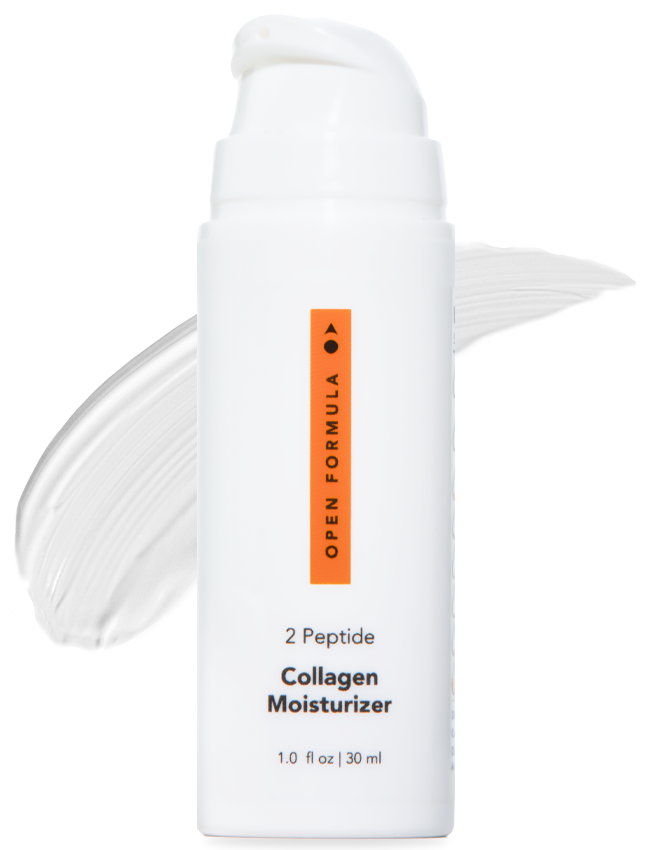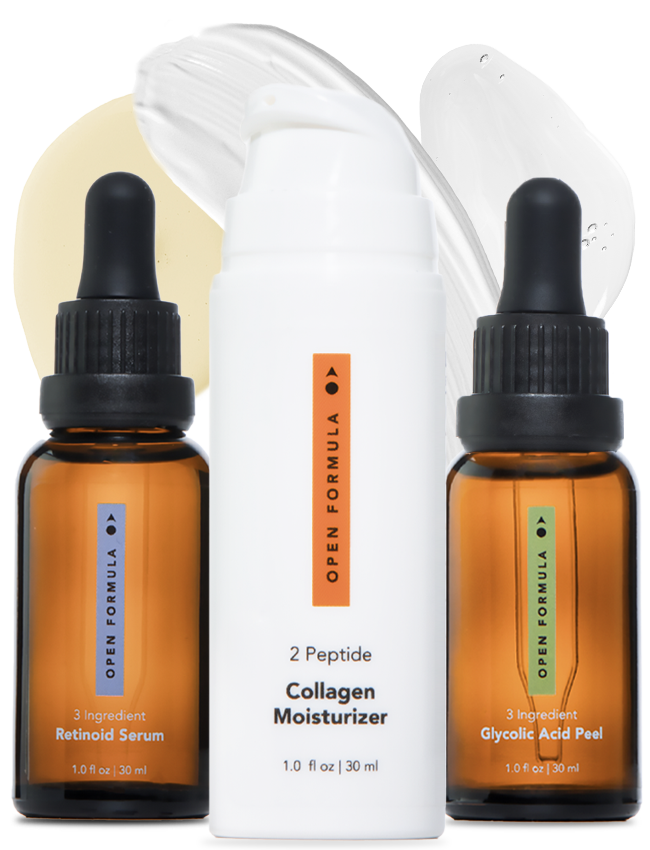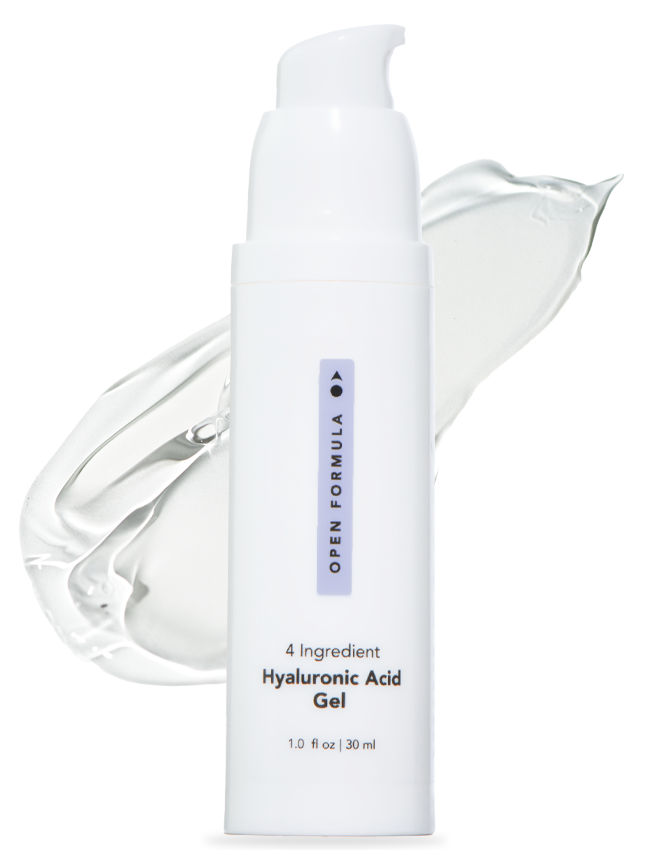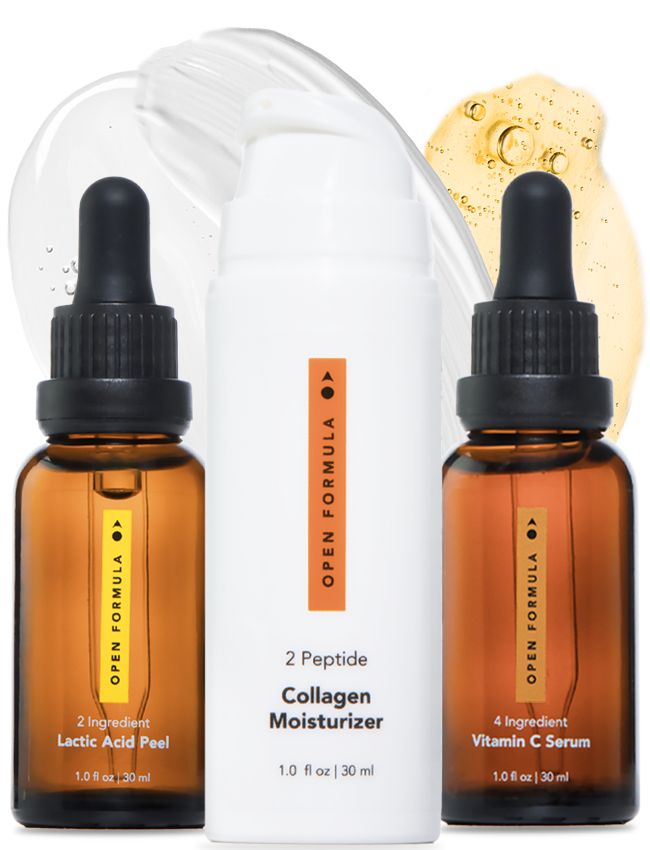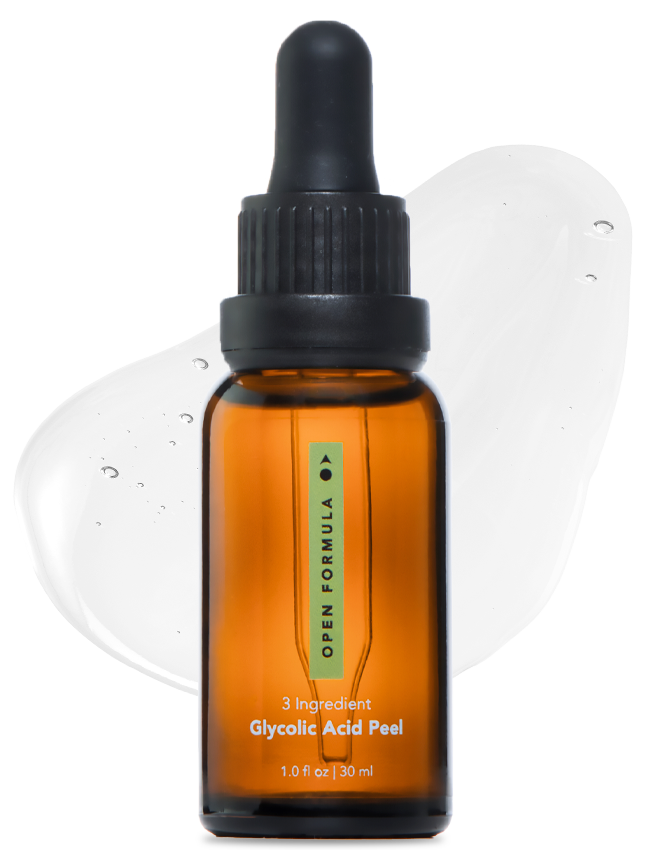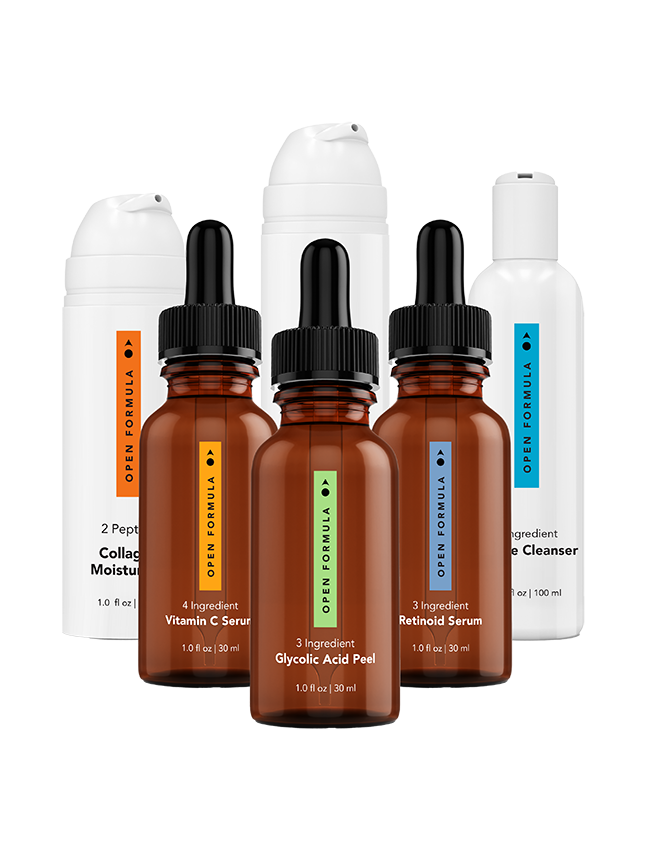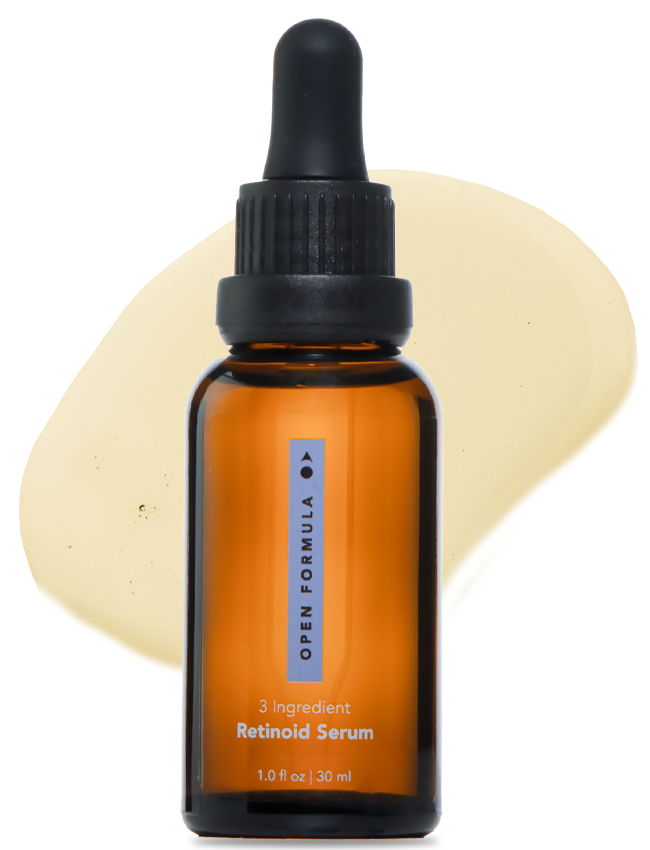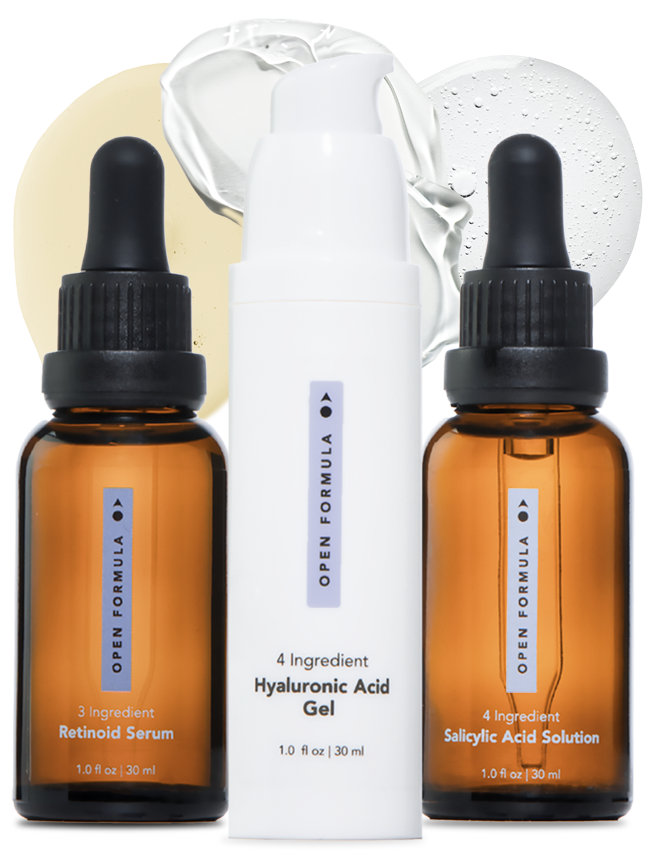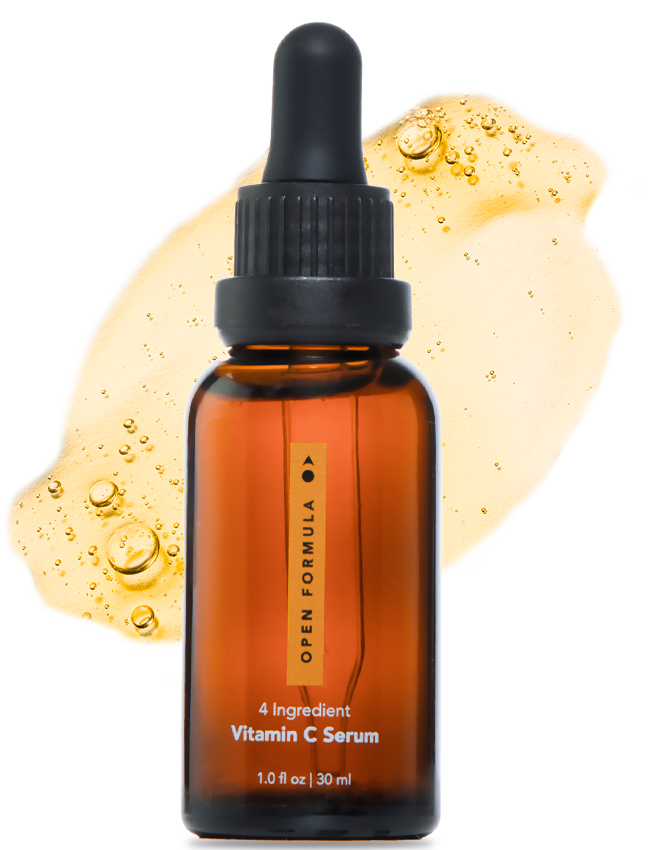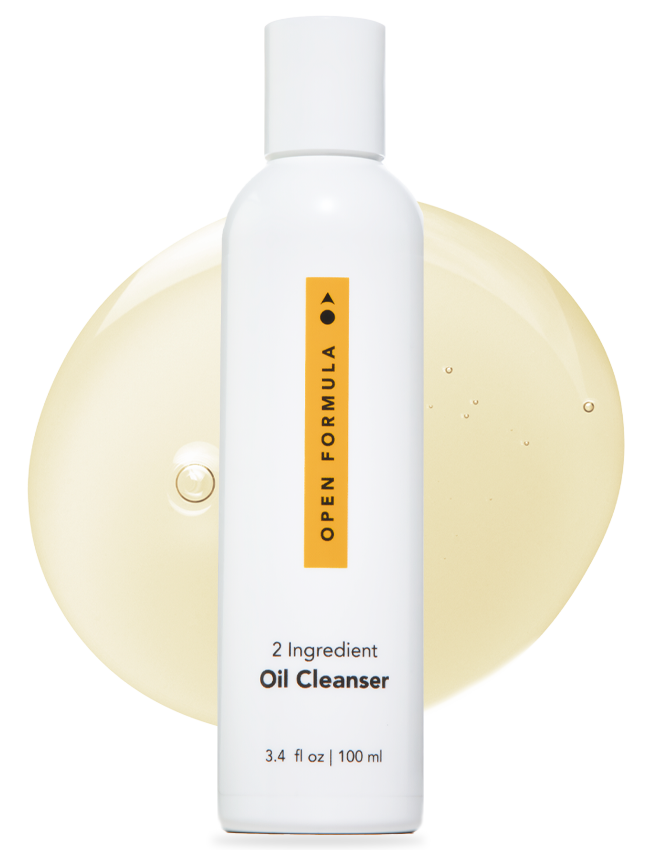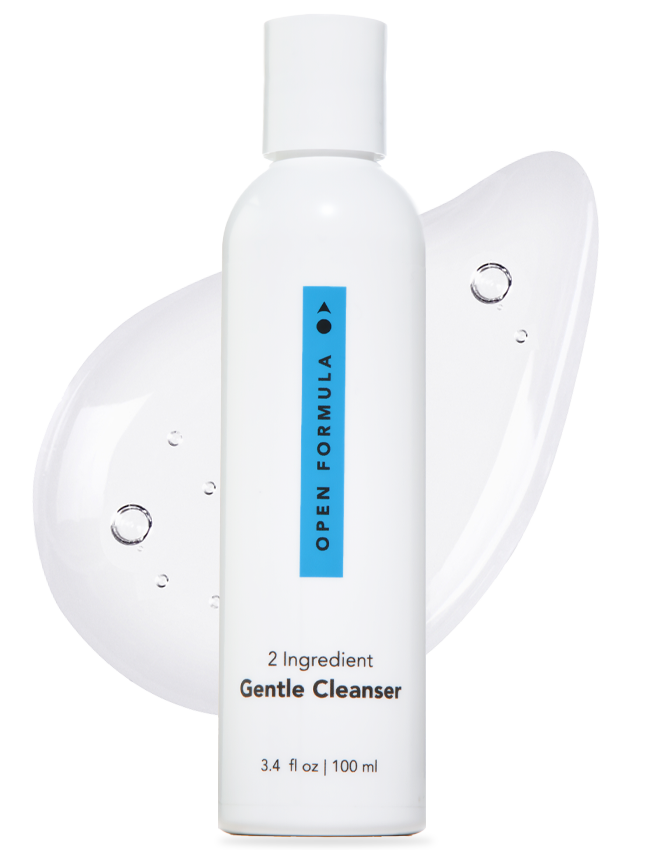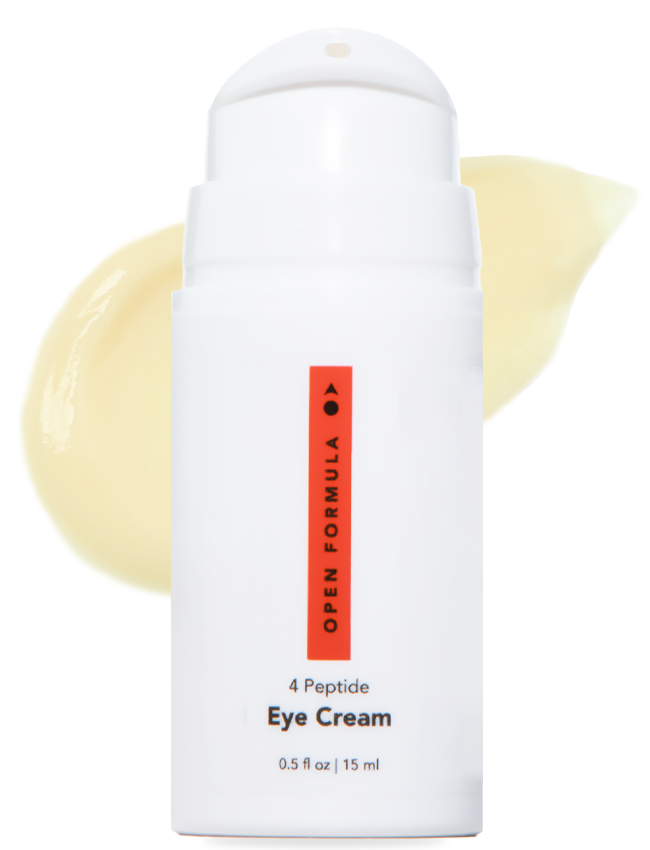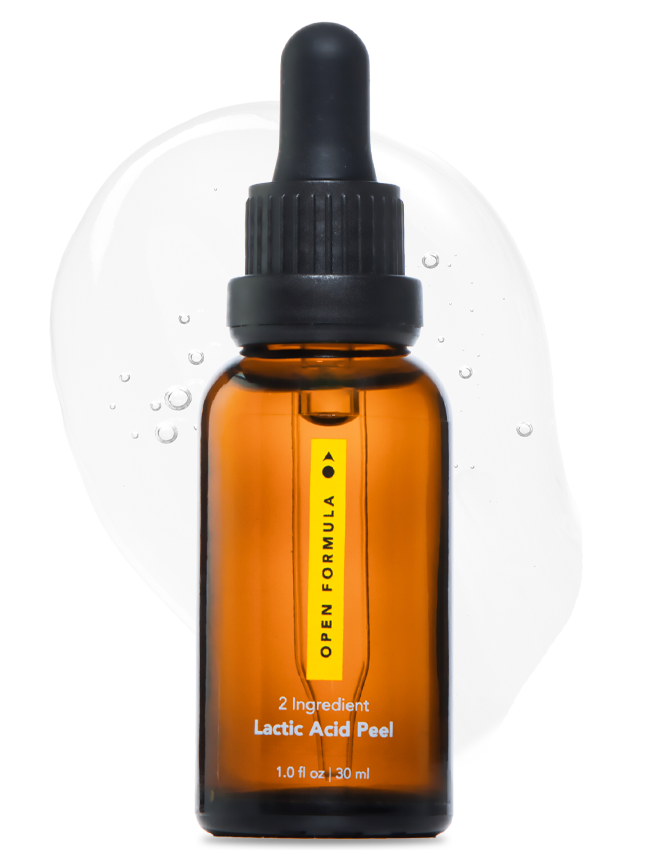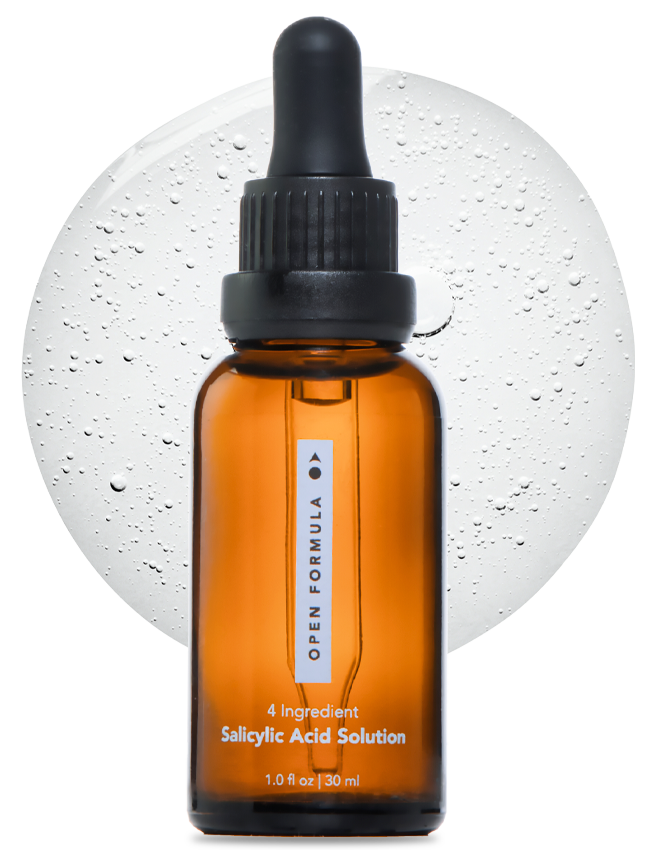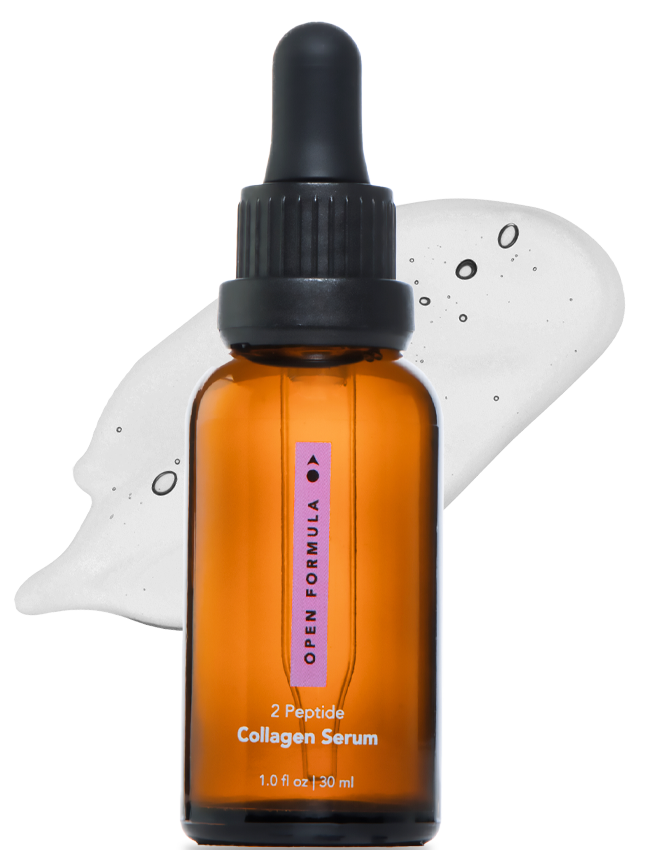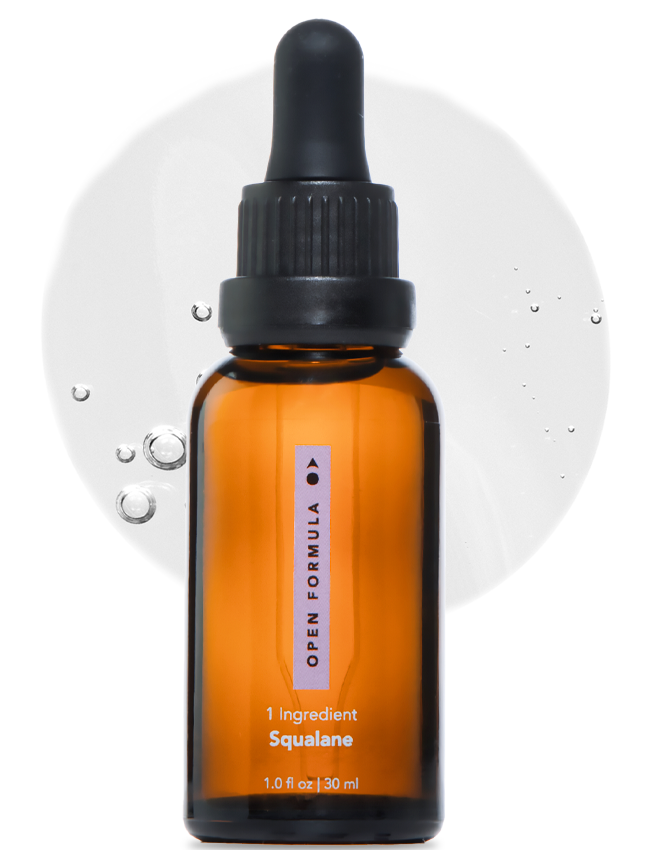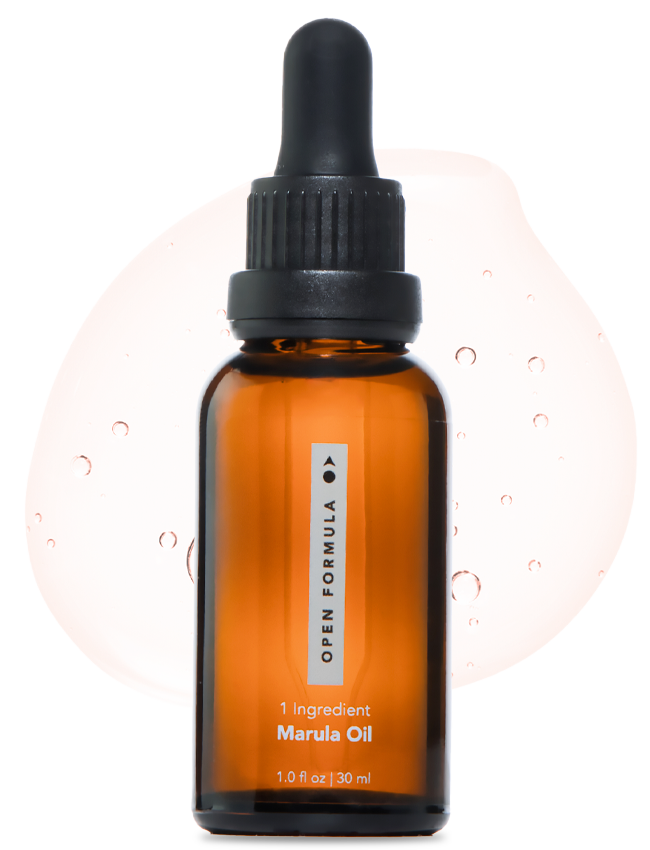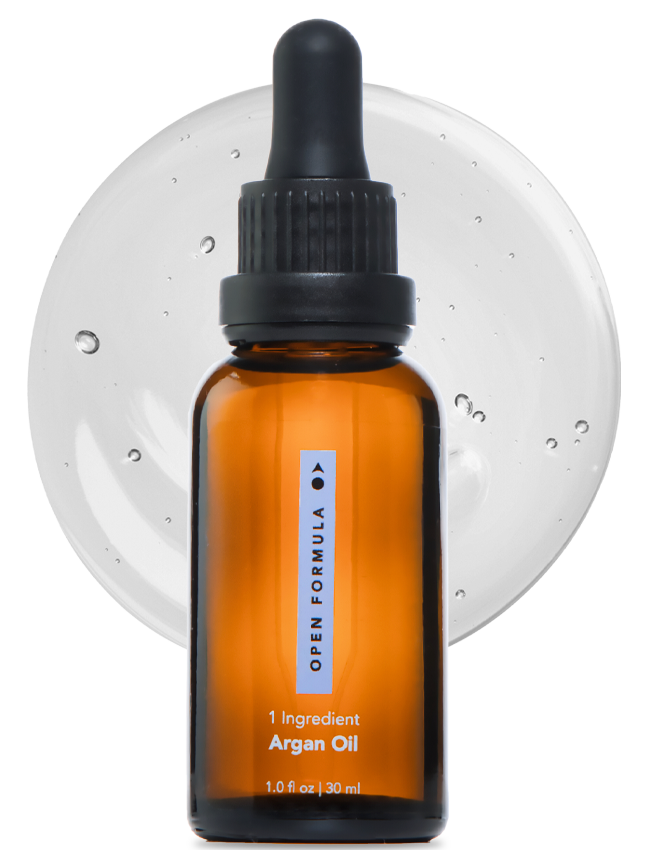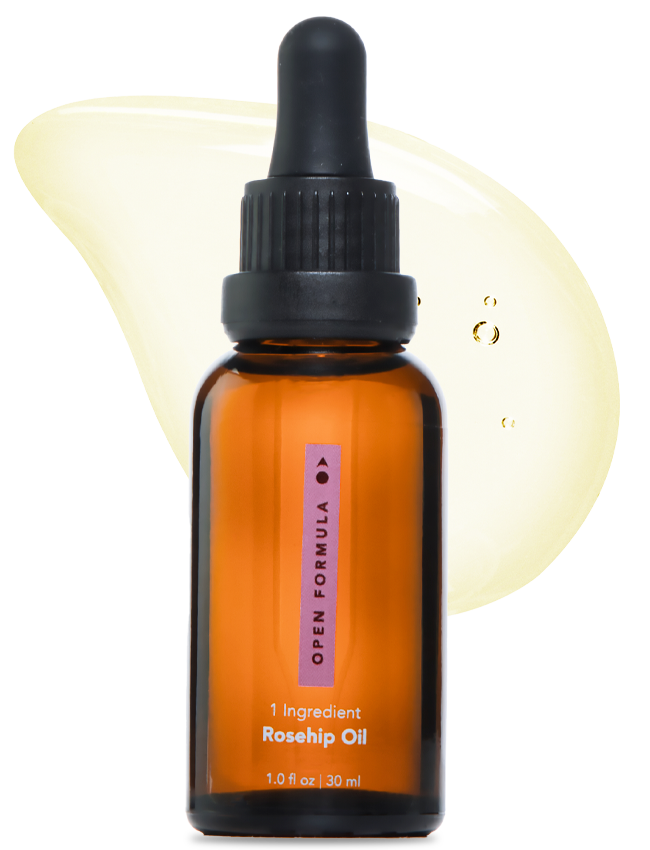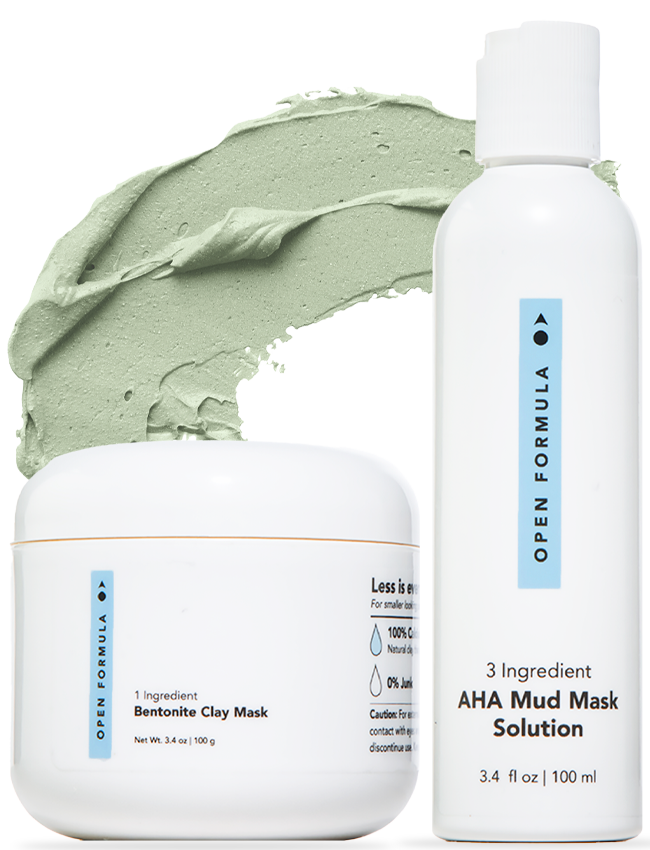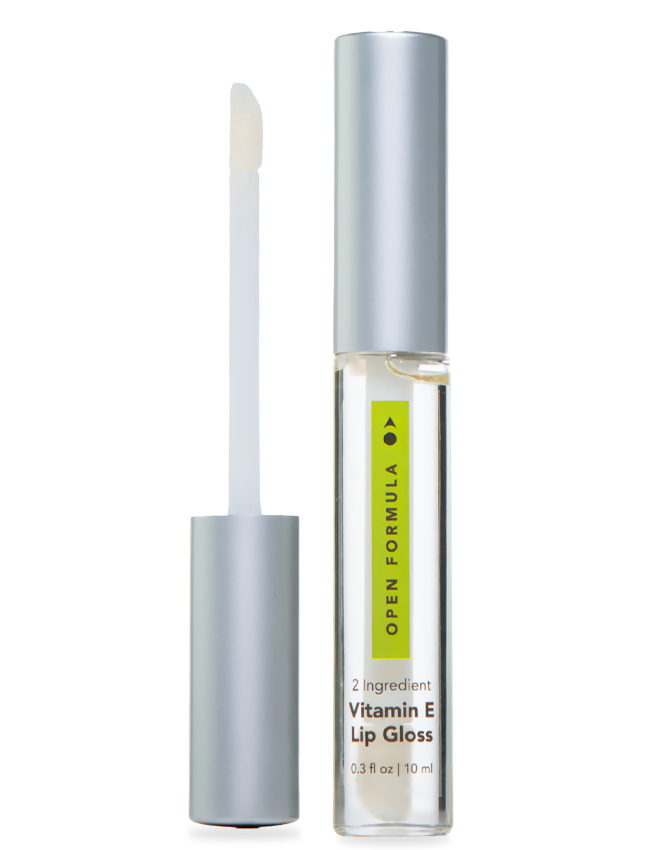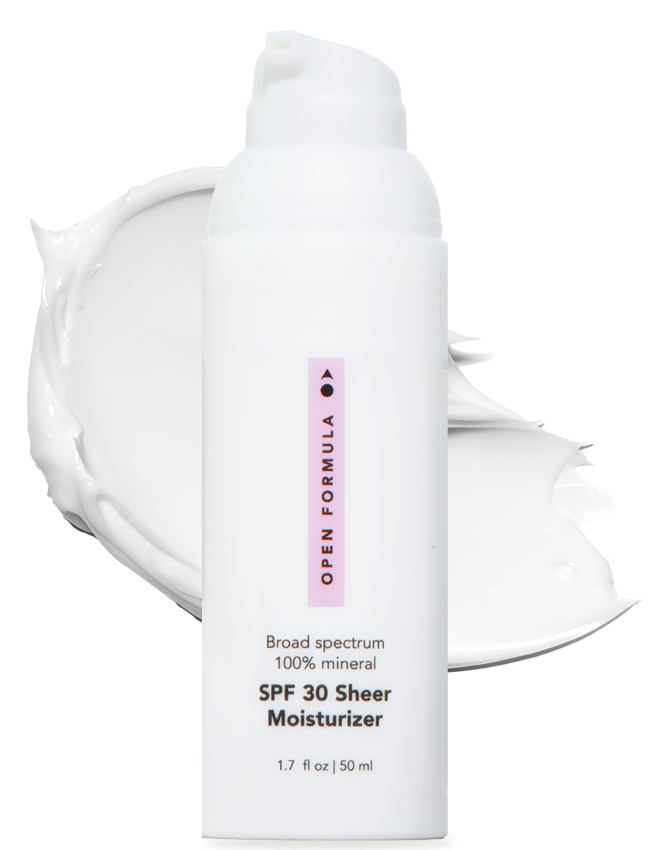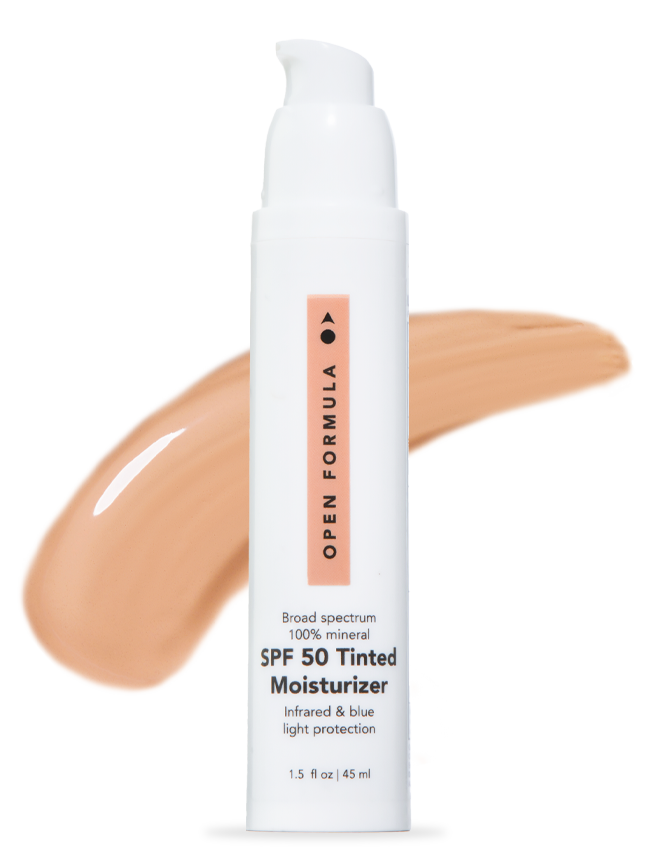Affecting up to 50 million Americans annually, acne is the most common skin condition. And when stress skyrockets, our acne condition also gets worse. It’s time to tackle the question, “Are stress breakouts real?”
The short answer is yes!
Stress breakouts are real–it hasn’t just been your imagination, after all. And even though emotional stress has been on the list of suspects for triggering breakouts or acne, it’s mostly been underestimated until recently. New studies found new data about the interaction between emotional stress and the skin ‘s condition.
The Link to Stress Breakouts
According to a 2003 Stanford study published in the Archives of Dermatology, college students did have acne flare-ups during exams. The students reported more stress, compared to when they don’t have testing. The researchers concluded that acne severity correlated with increasing stress.
Though scientists don’t yet know the exact connection between stress and breakouts, they did find a connection between our cells that produce sebum (our skin’s natural oil) and stress hormones. Every sebum producing cell has receptors for stress hormones. This means that when stressed, the body’s production of stress hormones increases, and the stress hormones can latch onto a cell that makes sebum. In turn, the cells increase their production of sebum. Sebum then mixes with dead skin cells and bacteria on the skin causing clogged pores, leading to inflammation and breakouts, i.e., stress breakouts.
Stress Breakouts: Why You Get Them
Hormones, diet, and skin picking all affect stress breakouts.
Hormones
The human body produces around 50 different types of hormones. Hormones circulate through the bloodstream, sending signals which regulate everything from our metabolism, to growth, to our heart-rate and blood pressure. Cortisol is a stress hormone.
As the study above mentions, when we’re stressed there is an increase in the production of stress hormones like cortisol. High levels of cortisol cause inflammation in the body and on our skin. When inflammation is present on the skin we end up with skin conditions like psoriasis and acne.
Diet
Diet influences the skin’s health as well. When you eat a diet high in sugars and processed foods you run the risk of increasing the inflammation in your body. Why? Because your diet also affects your hormones. And when you stress eat donuts and pizza, it’s like doubling down on creating an inflammatory situation in your body. A scenario that can quickly turn into stress breakouts.
To reduce inflammation in the body, doctors recommend the anti-inflammatory diet. This means avoiding red meat and processed meats along with refined sugars and dairy products. The anti-inflammatory diet is filled with fruits and vegetables, which increases vital skin nutrients and antioxidants necessary for healthy skin.
Skin Picking
Acne and stress can mix in a harmful cycle. The skin picking cycle. Sometimes when under stress, people pick at the pimples or acne they do have, making the condition worse. And as the condition worsens, there’s more breakout to pick. And so the cycle continues increasing the severity of acne and stress breakouts.
How To Prevent Stress Breakouts
One of the best ways to prevent stress breakouts is keeping your skin in top condition with a consistent, quality skincare routine.
Skincare Treatments for Acne and Stress Breakouts
Cleansing
One of the most important steps in keeping skin clear is cleansing 2x a day, morning and night. Cleansing removes the daily build up of oils, dirt, and dead skin cells, not to mention makeup and SPF. The buildup on our skin clogs pores, leading to pimples and breakouts.
Exfoliating
Regular exfoliation is another must for treating acne and stress breakouts. Exfoliating removes dead skin cells, the pus from pimples, and sebum, leaving behind brighter and smoother skin at the surface. It’s recommended to exfoliate 2-3x a week, as long as your skin can handle it. Too much exfoliating strips away the skin’s natural oil or sebum. The skin then reacts by producing even more oil to compensate, which leads to an increase in acne.
One of the best chemical exfoliants for oily and acne prone skin is BHA, also known as salicylic acid. Salicylic acid is oil soluble and can penetrate congested skin better than AHAs or alpha-hydroxy acids, which are water soluble. It works by loosening the bonds between the dead surface skin cells, making it easier to remove the cellular build up.
Avoid or Limit Sun Exposure
Sun exposure makes your skin produce more oil. Research shows that the cells responsible for releasing oil onto your skin increased by 120% to 140% within 4 days of spending time in direct sunlight.
And ALWAYS use a good SPF. Yes, always, winter, spring, summer and fall, rain or shine. SPF is the defense your skin needs to reduce the damaging effects of sun exposure.
Proper Moisturizing and Protection
And just because you're in the midst of a stress breakout, don’t skimp on proper moisturizing and skin protection. Our skin has a moisture barrier, also called the acid mantle. The moisture barrier is a slightly acidic layer on the skin’s surface. It’s your first line of defense against bacteria and other microbes that could be damaging.
Skin needs a healthy balance of oil and water to maintain a healthy moisture barrier. This means staying away from products that are too astringent and avoiding over exfoliation. And it’s important to lock water into skin with a daily moisturizer, such as hydrating gels and creams. Look for products that have a low comedogenic rating, meaning they won’t clog pores. On the comedogenic scale of 0 to 5, 0 being non-clogging and 5 being the most, vaseline ranks at a 0 while, surprising to many, coconut oil ranks at a 5. Avoid coconut oil all together!
Never Sleep in Makeup
Sleeping with makeup on compounds skin troubles. The layers of dirt, dead skin cells, oils, makeup, SPF and other bacteria, stay there all night, increasing their chances to clog your pores. And clogged pores make any stress breakouts worse.
Self Care for Stress
Self care is not a luxury. To be at your best, skin and everything within, you have to make time to care for you. And if there is an increase of stress in your life, it’s even more important to make self care a priority.
Self care can be anything that makes a positive impact on your health and wellness. For some people it’s mediation and for others running, or baths, quiet time, cooking healthy foods, and laughing with friends. Self care is about you and what helps you drop stress and feel revitalized.
Taking care of yourself is a powerful antidote to stress and unhealthy habits, so why not start today, even if you’re not stressed, and reduce your chances of stress breakouts.







